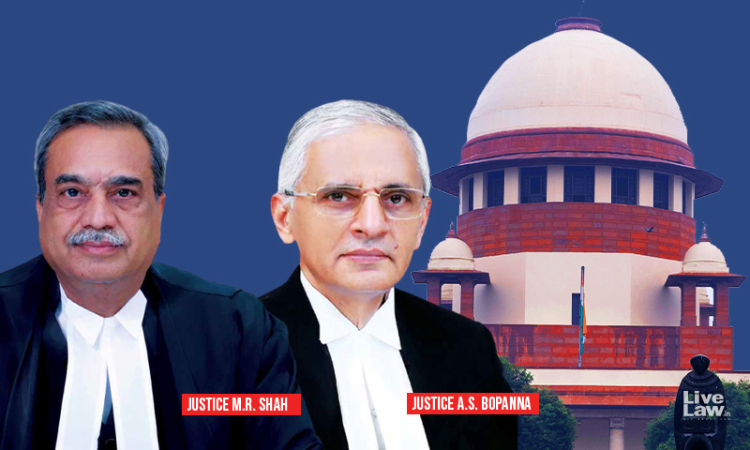PC Act - More Time Taken For Preliminary Enquiry Not A Ground To Quash Criminal Proceedings : Supreme Court
Shruti Kakkar
2 Nov 2021 11:01 AM IST

Next Story
2 Nov 2021 11:01 AM IST
The Supreme Court has observed that whatever enquiry is conducted at the stage of Preliminary Enquiry, by no stretch of imagination, can be considered as investigation under the code of criminal procedure which can only be after registration of the FIR. The Court also observed that merely because some time is taken for conducting preliminary enquiry, that cannot be a ground to quash the...
